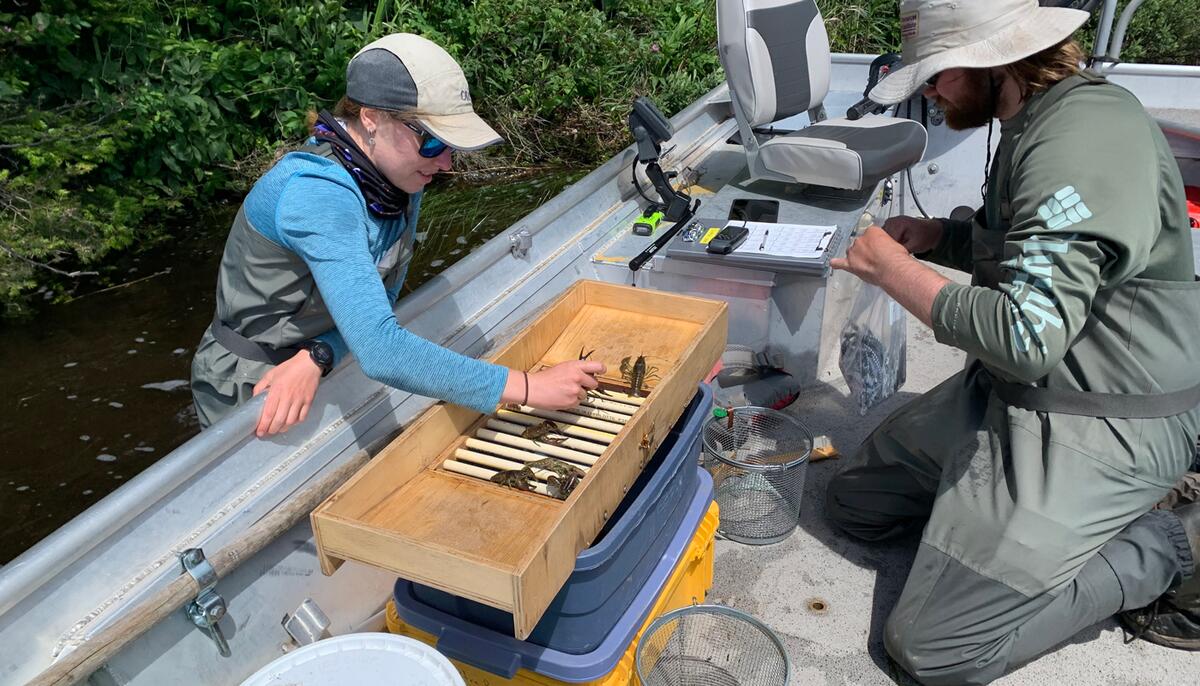
Program Overview
Research specifically focused on monitoring and understanding the impacts of climate change on various systems, especially forest and water ecosystems, to mitigate risks and develop potential adaptation strategies.
Recent Research
- Methane emissions pilot study was initiated with NRRI funding to understand the impact of greenhouse gas emissions from freshwater wetlands and peatlands.
- Mechanisms of climate-induced range shifts in bird species were revealed with a new predictive framework that leverages 29 years of NRRI bird monitoring data from the Minnesota National Forest Breeding Bird Monitoring Program.
- Decades of long-term monitoring data of wetlands, rivers & streams, and inland lakes is providing critical information to agency managers about the impacts of climate change to water ecosystems.
- Toxic harmful algal bloom research seeks to understand climate and landscape drivers responsible for the proliferation of toxic cyanobacteria in aquatic ecosystems where they have historically been absent, such as Lake Superior and the St. Louis River Estuary.
- Migration of southern flying squirrels into territory of northern flying squirrels is signaling changes to the forest ecosystem due to climate change.
Related News
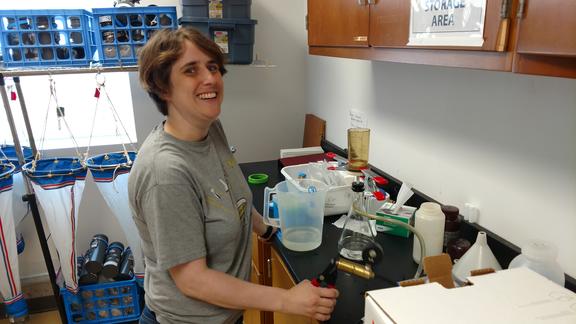
A winding path leads aquatic scientist to study water’s tiniest inhabitants
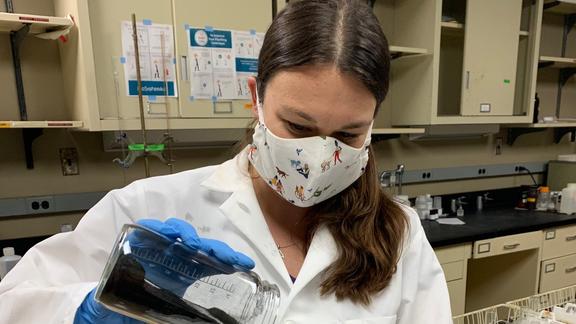
Promising lab results raises biochar's potential to filter pollutants in stormwater runoff.

For 30-plus years, the Central Analytical Lab has informed research and agency monitoring programs with the highest standards of quality.

NRRI completes field study of environmental impact of road salt alternative, starts lab study of grit alternatives.

Wading in wetlands gives early career scientist, Zach Wagner, valuable experience.
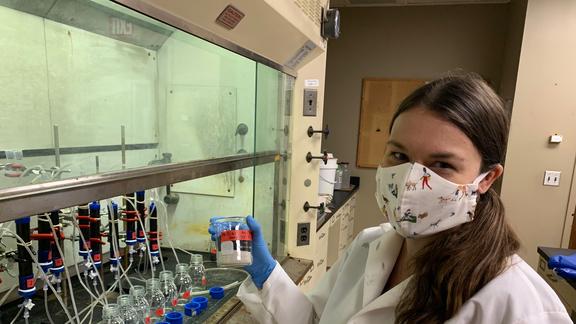
Bridget Ulrich received the inaugural Deborah L. Swackhamer Early Career Award at the Minnesota Water Resources Conference on October 18.

Challenges in previous demonstrations inform better results at Aurora wastewater treatment facility

‘Green chemist’ travels from Ukraine to U.S. to solve complex environmental problems in Minnesota.
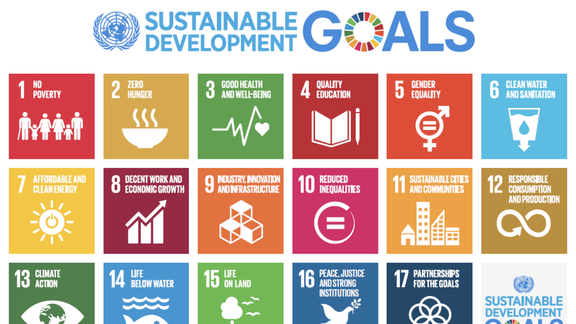
The United Nations have set a path forward for universities, industries and all of us to work toward 17 Sustainable Development Goals. What can we all do to make a difference?
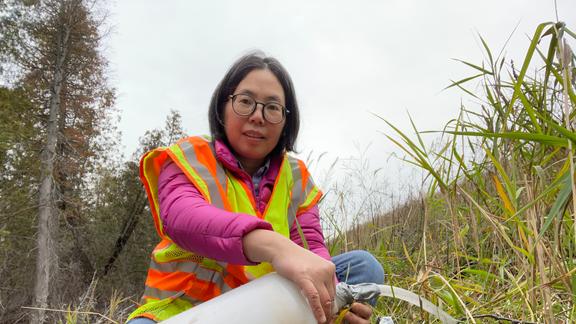
NRRI research shows that local waste materials can effectively keep pollutants from water sources.
Media Coverage
- – Northland researchers look to biochar as possible climate solution – Duluth News Tribune
- – Beyond Scrubbing: Reducing Sulfate Stress from Wastewater at Minnesota Power’s Last Coal-burning Power Plant – MnDRIVE Environment